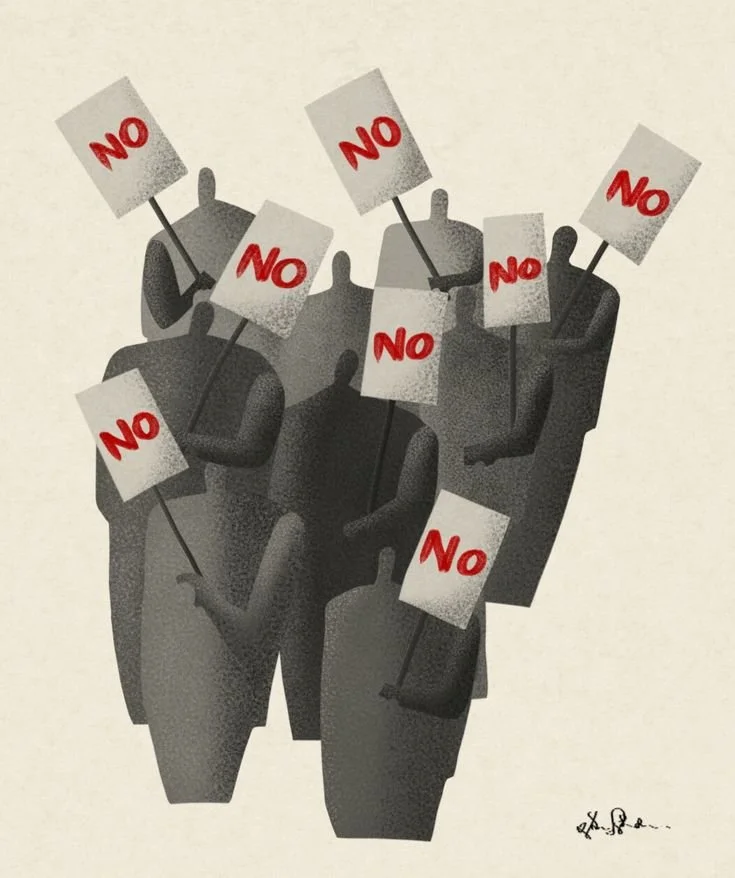The Many Faces of Rejection
Rejection is one of those experiences that doesn’t leave easily.
It lingers, not just as a memory, but as a feeling in the body: a tight chest, a hollow stomach, a quiet ache that whispers, “You’re not enough.”
Whether it’s being turned down for a job, feeling excluded from a group, or experiencing heartbreak, rejection can feel deeply personal. And even when we try to rationalize it (“It wasn’t meant to be,” “Something better will come”), a part of us still absorbs it as proof of our inadequacy.
Rejection will never stop stinging, but it doesn’t have to define us. When we begin to see rejection not as proof of failure but as part of being human, we reclaim something powerful: our ability to keep showing up, even when it hurts.
Because the truth is, rejection doesn’t mean you’re unworthy.
It means you were brave enough to try, to reach, to open yourself to possibility.
And that is something deeply worth honoring.
“Not Good Enough”: The Quiet Belief That Dims Even the Brightest Light
The world doesn’t need a more polished, perfect, or “proven” version of you - it needs a realer one.
One that knows growth isn’t the opposite of enough-ness - it’s born from it.
So the next time your mind says, “I’m not good enough,”
Pause.
Breathe.
And remember: That voice is loud, but it isn’t the truth.
You are already becoming, just by being here.
The Psychology of Money: How Our Beliefs Shape Financial Decisions
What we call “money issues” are really unspoken emotional truths.
We think money is math.
Add, subtract. Earn, save.
Work hard, spend smart. Stick to a budget. Simple.
But for most of us, it’s not that simple.
Not because we’re irresponsible.
Not because we “lack discipline.”
But because money is emotional.
It carries stories from our childhood.
Memories of fights behind closed doors.
Guilt around asking. Fear around receiving.
Relief that never quite lasts.
Money, for many of us, is not logic, it’s identity.




